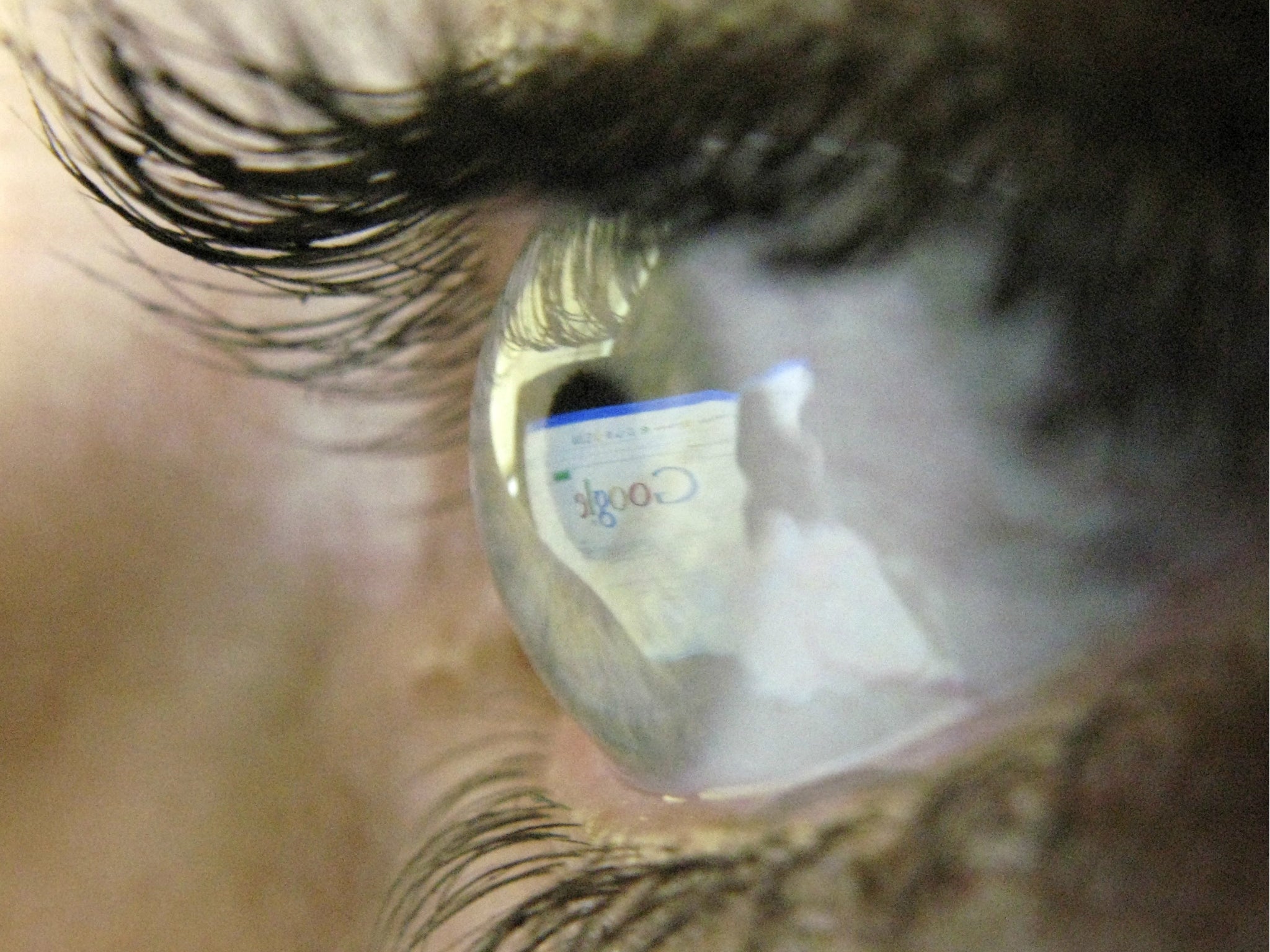Rare eye cancer detected in 18 people from two small communities in North Carolina and Alabama
Ocular melanoma only occurs in six out of one million people

Your support helps us to tell the story
From reproductive rights to climate change to Big Tech, The Independent is on the ground when the story is developing. Whether it's investigating the financials of Elon Musk's pro-Trump PAC or producing our latest documentary, 'The A Word', which shines a light on the American women fighting for reproductive rights, we know how important it is to parse out the facts from the messaging.
At such a critical moment in US history, we need reporters on the ground. Your donation allows us to keep sending journalists to speak to both sides of the story.
The Independent is trusted by Americans across the entire political spectrum. And unlike many other quality news outlets, we choose not to lock Americans out of our reporting and analysis with paywalls. We believe quality journalism should be available to everyone, paid for by those who can afford it.
Your support makes all the difference.Eighteen people have been diagnosed with the same type of rare eye cancer - including three university friends - leading researchers to push for funding to find connections, a cause, and a cure.
The melanoma, a type of cancer that develops in melanin - the pigment that gives skin its colour, only occurs in about six out of one million people but at least 18 people have been diagnosed with ocular melanoma recently - curiously all have ties to one or both of the communities in Huntersville, North Carolina or Auburn, Alabama.
To add to the mystery, three friends who met at Auburn University: Juleigh Green, Allison Allred and Ashley McCrary are all being treated for the disease. According to CBS, one of the leading doctors on the case is Marlana Orloff, an oncologist at Thomas Jefferson University in Philadelphia. “Most people don’t know anyone with this disease,” Ms Orloff said, adding: “We said, 'Okay, these girls were in this location, they were all definitively diagnosed with this very rare cancer — what’s going on?’”
The Alabama Department of Health told CBS News it would be "premature to determine that a cancer cluster exists in the area”.
Ms Green and Ms Allred have had to have one eye removed as a result. Ms Allred’s cancer has returned nine times to various parts of her body, including her brain. All three women are alive but still at risk. In some cases like Lori Lee from Auburn, the eye cancer travelled through her body and metastasised in her liver. According to the Ocular Melanoma Foundation, this is not uncommon and the spread of the tumour is fatal “in about half of all cases”.
The foundation also said this type of melanoma is rarer than skin cancer. Risk factors include fair skin, light coloured eyes, or over-exposure to UV light. The median age of patients is 55, however, the women in Alabama were diagnosed between the ages of 27 to 31.
Unfortunately, there is no known cause of this type of cancer, prompting Auburn University Medical Clinic director Frederick Kam to tell a local news outlet: “This is not a good type of cancer for a person to have. There’s no known cause, which makes it more challenging”.
The women have formed a support group on Facebook and found that at least 36 other people with ties to Auburn University have also been diagnosed with some sort of melanoma, but the school nor the state have approved funding to research a cure or any kind of conclusion.
Join our commenting forum
Join thought-provoking conversations, follow other Independent readers and see their replies
Comments